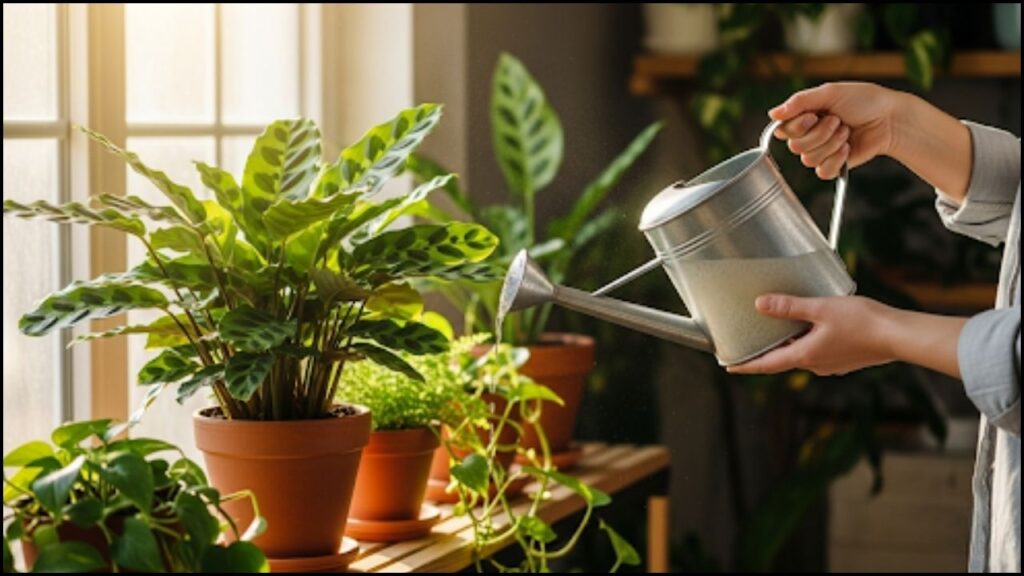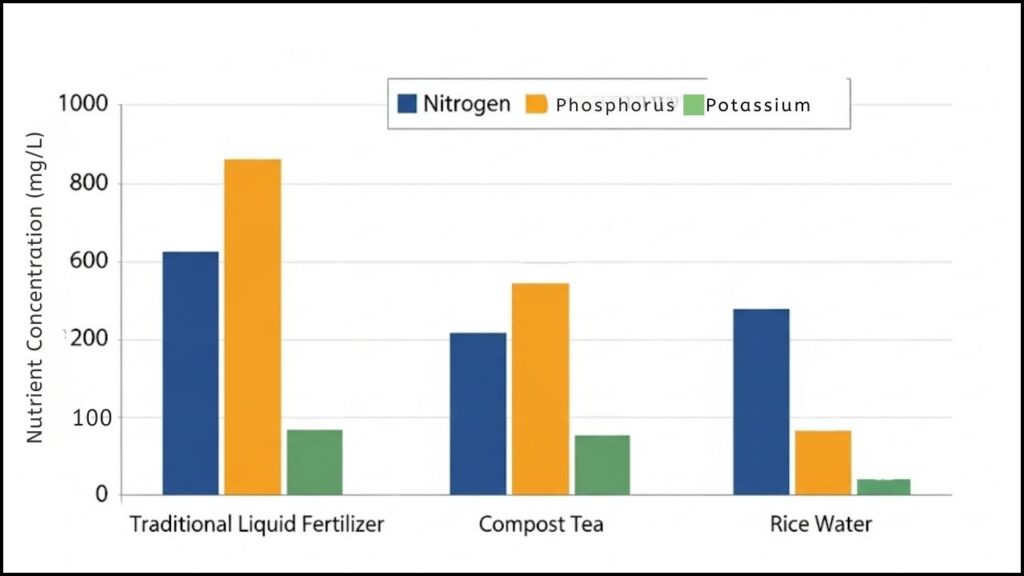The practice of using rice water for plants has surged in popularity among home gardeners seeking sustainable, cost-effective ways to nourish their greenery. Proponents argue that the starchy liquid, a byproduct of cooking rice, offers a host of beneficial nutrients. However, horticultural experts and scientific studies present a more nuanced view, cautioning that its effectiveness is conditional and can pose risks if not used correctly.

The Science Behind the Trend: What’s in Rice Water?
The primary appeal of rice water for plants stems from its presumed nutritional content. When rice is rinsed or boiled, it releases trace amounts of minerals and compounds into the water. According to a 2018 study published in the Journal of Agricultural and Food Chemistry, rice water contains small quantities of nitrogen, phosphorus, and potassium—the three macronutrients essential for plant life. Additionally, it may contain other micronutrients like calcium and magnesium, as well as starches.
Dr. Anya Sharma, a plant biologist at the University of California, Davis, explains, “While the presence of these nutrients is not disputed, their concentration is a key point of discussion. The levels are generally too low to act as a significant fertilizer substitute. Think of it more as a very mild supplement rather than a potent nutrient source.” She added that the starch content can be both a benefit and a drawback, depending on its application.
Potential Benefits and Correct Application
Proponents of this gardening method often point to anecdotal evidence of improved plant health. The starches in the water are believed to feed beneficial soil microbes, which in turn help break down organic matter and make nutrients more available to plants. Additionally, some sources suggest that the starches can stimulate the growth of certain beneficial fungi, such as Mycorrhizae, which form a symbiotic relationship with plant roots.
For those who choose to use rice water, horticultural experts recommend a few key practices to maximize potential benefits and minimize risks. Rinsing water, which is the water used to rinse uncooked rice before boiling, is generally considered safer. It contains fewer starches and salts. If using cooked rice water, it must be significantly diluted, often with a ratio of 1 part rice water to 5 parts clean water, to prevent soil compaction and root rot.
“The key is to use it in moderation and never on a daily basis,” says Mark Thompson, a professional horticulturist and author of The Urban Gardener’s Guide. “I advise my clients to use it no more than once every two to four weeks. Over-application is where most of the problems arise.”
The Risks and Scientific Caution
Despite its purported benefits, using rice water for plants carries significant risks that can harm your greenery. The primary concern is the high concentration of starch, especially in water from cooked rice. When this starchy water is applied to soil, it can create a dense, sticky layer on the surface. This layer, known as a hardpan, can impede water penetration and aeration, effectively suffocating the plant’s roots by cutting off their oxygen supply.
Furthermore, the excess starch can promote the growth of harmful bacteria and fungi, leading to foul odors, mold, and root rot. These conditions thrive in moist, nutrient-rich environments and can rapidly kill a plant from the roots up. A 2022 report from the American Horticultural Society (AHS) warns that while rice water can be a low-cost option, the potential for fungal and bacterial infections makes it a risky choice for beginner gardeners.
Katarina Johansson, a soil science researcher at Oregon State University, notes, “There’s a clear distinction between a soil amendment and a fertilizer. Rice water is closer to the former, and its primary effect is on the soil’s physical properties. Its role as a nutrient delivery system is minimal and often overstated in popular media.” She emphasizes that for robust, long-term plant health, a balanced commercial fertilizer remains the most reliable option.
A Balanced View: When is it Right to Use Rice Water?
For some gardeners, the appeal of using a household waste product is a core component of a zero-waste lifestyle. As a temporary, supplementary measure, using properly diluted and fermented rice water can be part of a sustainable gardening practice. The fermentation process, which can take several days, breaks down the starches and makes the nutrients more bioavailable, reducing the risk of a starchy film.

However, the consensus among professional horticulturalists remains that rice water is not a magic solution. For best results, it should be viewed as a supplemental treatment rather than a primary source of nutrition. The AHS recommends a balanced approach, where gardeners rely on proven methods like compost, worm castings, and commercial fertilizers for consistent, reliable results.
The debate over using rice water for plants highlights the intersection of traditional gardening folklore and modern scientific scrutiny. While it offers a low-cost, sustainable option for some, its effectiveness is often overstated, and its risks are significant if used improperly. The key takeaway from experts is that while a modest and occasional application of properly prepared rice water may not harm your plants, it is not a substitute for a comprehensive and scientifically backed fertilization program. For consistent and healthy growth, relying on proven methods remains the most reliable path forward for any gardener.
Mastering the Art of Watering Indoor Plants Correctly for a Thriving Home Garden
